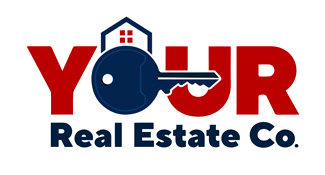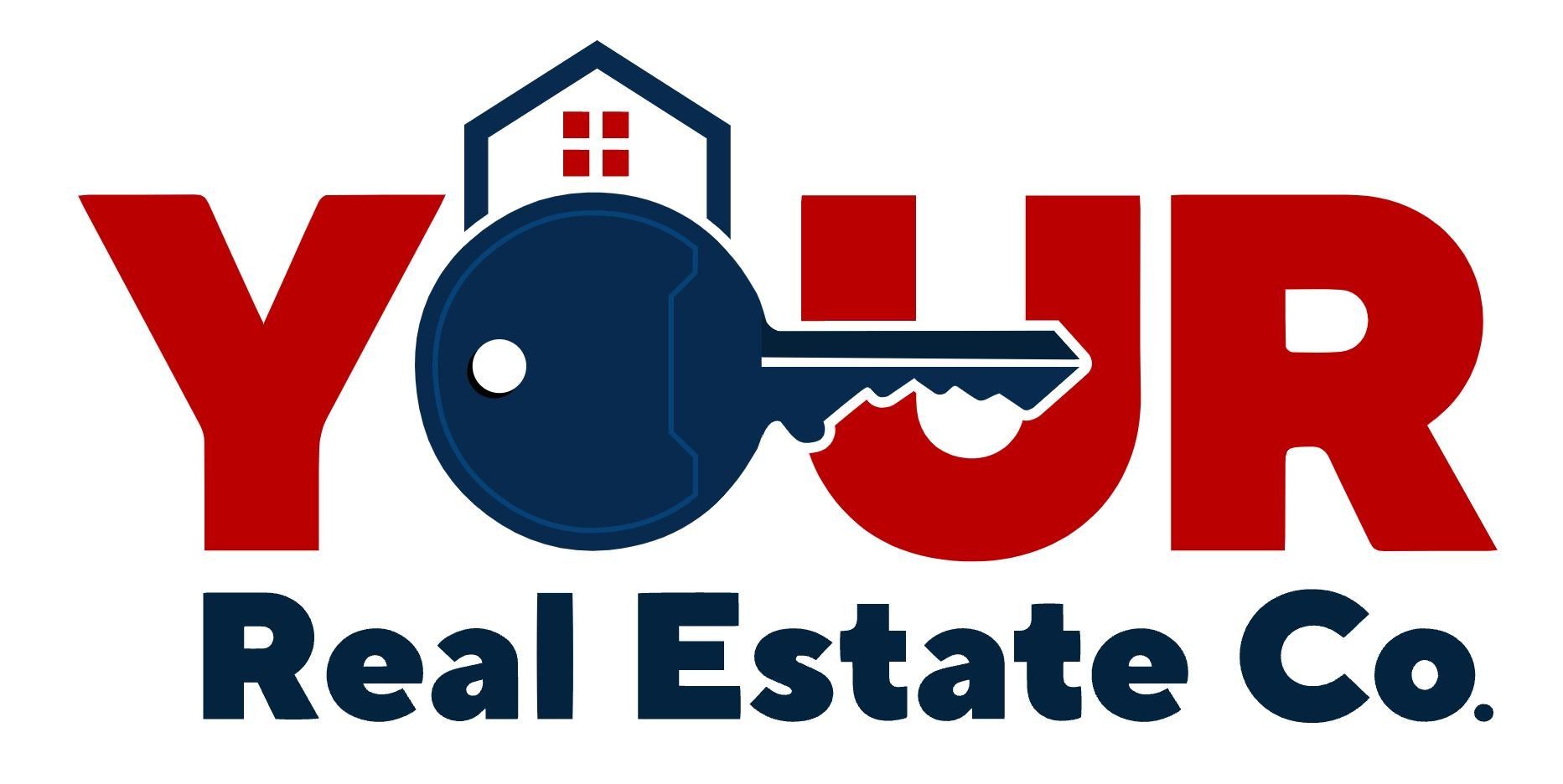Short Sales Frequently Asked Questions
Buying or Selling a Short Sale with Your Real Estate Co.
What is a short sale?
A short sale is when a mortgage holder agrees to take less than what is owed by a seller who is having a financial hardship, the home is worth more than market value or the home is over extended mortgage-wise. The hardship can also include, as many of the short sales our team handles is in probate due to the death of the borrower.
FAQS Buying a Short Sale
Are short sales a longer process?
Yes, short sales are a longer process than a regular sale because third-party approval is needed, this can take several weeks and even a few months longer to process. Although it's possible for a short sale to close in as little as a few weeks, it's important to be realistic about the timeline. Unlike a conventional home buying process which involves negotiations between the buyers' agent and the home sellers, with a short sale the lender has the final say in whether or not an offer to purchase is accepted.
Your Real Estate Co. has done hundreds of short sale transactions and uses experienced negotiators making the process much quicker than in the past. Generally, from the time the property goes under contract to closing is about 8-12 weeks.
How are Short Sales Priced?
A listing agent will visit the property and through a BPO valuation come up with a fair market value of the property taking into consideration the current condition. The property is then listed on the MLS at this price.
Making an Offer on a Short Sale Home?
As a buyer, you will need to write up the offer to purchase which will be presented to the mortgage lender. Banks only agree to sell the home as a short sale if they believe they'll recoup more money than they would through the foreclosure process.
Once Under Contract, what is the process to get to closing?
Once the negotiator registers the under contract with the lender will order an appraisal to justify the sales price. The appraised value will determine whether the lender accepts, rejects, or counters the sales contract.
What does sold in “as is” condition mean when purchasing a short sale?
When a property is sold “as is” the property conveys in the condition it is currently in. Whether there is some deferred maintenance, personal belongings, or major repairs needed, the lender most often will not do anything to fix these things
Pros and Cons of Buying a Short Sale House
There are a number of pros and cons to consider when buying a short sale. On one hand, you could secure a great home in a desirable neighborhood for a bargain price, and it's a less-risky process than purchasing a foreclosure.
On the flip side, short sales can take weeks or even months to complete, which means you're left in limbo waiting for the lender to process your offer. The price may not be worth the hassle, especially if the homeowner has been unable to take care of the property and major repairs are needed.
Above all else, buying a short-sale home requires help from a real estate agent who understands all aspects of the process including how a short sale works for the seller and the homebuyer.
FAQS SELLING A SHORT SALE
What Is A Short Sale?
A short sale is the sale of a property for less than what the owner still owes on the mortgage. A short sale is an alternative to foreclosure when a homeowner needs to sell and can no longer afford to make their mortgage payments. The lender agrees to accept less than the amount owed to pay off a loan now rather than taking the property back by foreclosure and trying to sell it later. Lenders agree to a short sale because they believe it will net them more money than going forward with a lengthy and costly foreclosure process. A negotiated short sale results in a discounted purchase price for the buyer. The buyer would finance the acquisition much the same as in any conventional realty acquisition.
Can any Real Estate Agent Handle My Short Sale Effectively?
No. A short sale is a very complicated real estate transaction and one that has very important implications for you. More than any other type of residential real estate transaction, a short sale should be handled only by a real estate broker who has substantial experience with the short sale process, and a strong track record of success in negotiating short sales for their clients.
Why Should I Choose A Short Sale Over Foreclosure?
In most instances, a short sale makes more sense than foreclosure, it is a way to be proactive as opposed to allowing the property to go into foreclosure. The process is often done in a shorter period of time which will allow more/quicker opportunities for financing in the future. If you are current on your mortgage through a short sale, you can qualify for an FHA loan afterward without any waiting periods. The same option will not be available following a foreclosure.
While doing a short sale will negatively affect your credit, there are many benefits to choosing a short sale over foreclosure. With a short sale, you are in control of the sale, not the bank. Every homeowner’s situation is different, so we always recommend that you speak with a real estate attorney that can advise you on the legal and tax implications of your circumstances.
How does a shortfall affect my credit rating?
What typically happens is the loan will show up as “paid” on a seller’s credit report; however there will be a notation that says “settled for less than originally owed” or something along these lines. It is more favorable for a homeowner to short sell than to have a foreclosure on their credit report.
How Do I Know If I Qualify For A Short Sale?
If you owe more than your house is worth and can’t afford your mortgage payments, you may qualify for a short sale. Every situation is unique, but in general, the basic criteria for qualifying for a short sale are:
- You owe more on your mortgage than your home is worth.
- A personal financial hardship is preventing you from timely payment on your mortgage.. (hardship includes loss of job, divorce, death of a spouse, and medical emergency or illness.)
When calculating if your house is worth less than the amount owed on the loan, you should deduct what you would pay in real estate commissions, closing costs, and state excise taxes to sell your home.
Will I Get Any Money From The Sale?
Unless specifically authorized through a federally-sanctioned program such as HAFA, when a lender approves a short sale, they typically require that the borrower (seller) not receive any money from the sale of the property since the lender is going to take a loss on the loan.
How Long Does A Short Sale Take?
The short sale process can be time-consuming, more so than a standard transaction. It can take several weeks, or even months, to get a short sale approved. Many lenders have several layers of management, insurers, and investors that will have to be satisfied before a short sale is approved. As a homeowner, patience will be required. Your Real Estate co. works with experienced negotiators who are equipped to move a sale along as quickly as possible. Short Sales through our company average 8-12 weeks upon going under contract. This can take longer, especially if there are liens on the property.
Is There Enough Time To Do A Short Sale Before A Foreclosure?
Possibly. Just starting a short sale will not automatically stop a foreclosure. However, many times a lender can be convinced to postpone the foreclosure to let a short sale negotiation take place. So, while there are no guarantees, it is worth a try.
Does A Short Sale Always Work?
No, there are no guarantees. Once you fall behind on your loan, the lender can proceed to foreclosure if they choose. But typically, lenders prefer not to foreclose and, if effectively presented with smart alternatives, they will often agree to a short sale rather than foreclose. Our company has had a very high success rate in obtaining a short sale for sellers as opposed to foreclosure.
What documents will I have to provide to do a short sale?
Documents depend on the lender. Each lender has different requirements. It is typical to require a hardship letter, purchase and sales contract, ECOR, settlement statement (HUD 1), net sheet, pay stubs, bank statements, and personal financial sheet (monthly budget), amongst other things.
I Have More Than One Mortgage On My House. Can I Still Do A Short Sale?
Yes. Each mortgage can be negotiated individually. However, multiple mortgages make a short sale more complicated and time-consuming. Not only do you need the cooperation of the first lender, but the second mortgage holder also needs to agree to a short sale as well.
Are There Tax Consequences?
When a lender cancels or forgives, your debt, the tax laws may consider the forgiven debt as taxable income. If a lender agrees to a satisfaction, the Mortgage Forgiveness Debt Relief Act of 2007 provides that debt forgiveness of up to $2 million is not considered taxable income if:
- The house has been used as your principal place of residence for at least two of the previous five years.
- The debt has been used to buy, build, or make substantial improvements to the home.
There are additional tax considerations to keep in mind. A debt cancellation will affect your property’s cost basis. Insolvency or bankruptcy may also alleviate some of the tax burdens of a debt cancellation resulting from a short sale.
You should always confirm tax matters with your tax professional.
Get In Touch
Fill in the form below and one of our agents will contact you soon
We will get back to you as soon as possible
Please try again later
Photos provided by Stewart Smith Photography
All Rights Reserved | Your Real Estate Co | Website Designed & Hosted by Maine Street Marketing, Inc., Saco Maine

